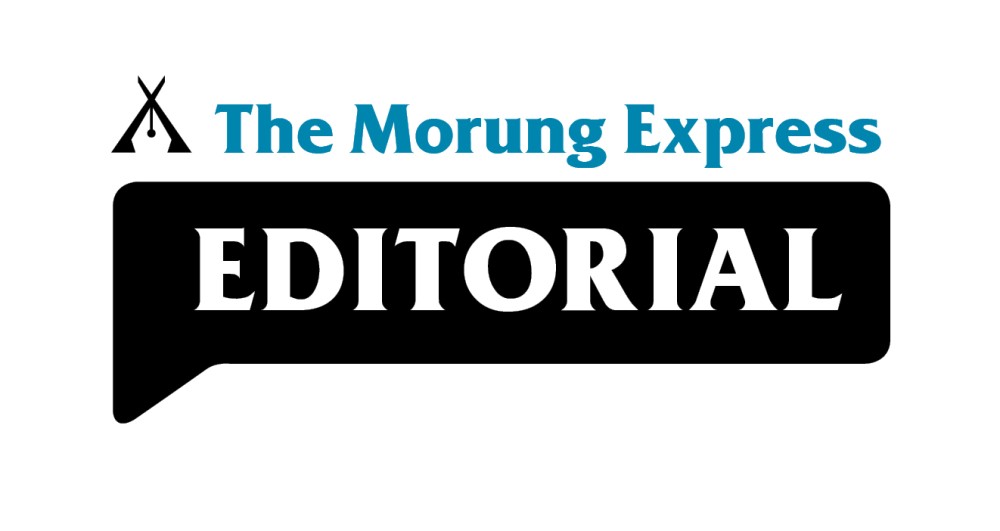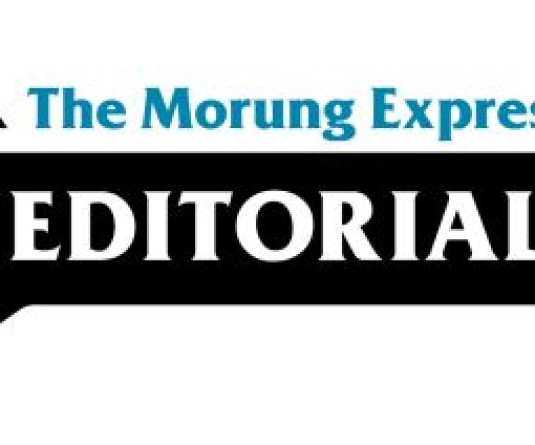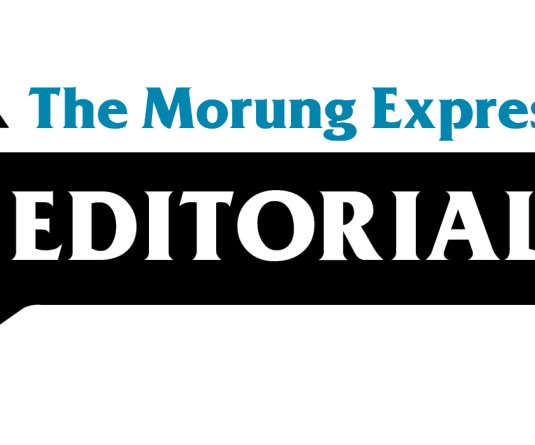
By Dr. Asangba Tzudir
We live in an age of information, and which also defines our times. But how is information defining our times at a time when we need to be well-informed. Being flooded with information, it obviously leads to more opinions, more voices, and more news. Yet, the irony is that, more often it leads to confusions and conflicts instead of the information abundance making one wiser. One of the reasons is the lack of critical thinking where we fail to analyze and evaluate and thereby unable to think well. And hardly do we engage with questions concerning who, what, where, when, why and How, and engaging in these questions are critical to making one well-informed.
On the contrary, many of us have retreated into comfortable half-truths that present only fragments of reality that align with our preferences, while conveniently leaving out the parts that would reveal the whole truth, truths which are ‘uncomfortable’ and thereby they are not allowed to surface. And in the absence of critical thinking, such comfortable half-truths or simply half-truths are just accepted blindly thereby adding to the ‘caravan’ of comfortable half-truths. In the process of manufacturing half-truths we are only compromising quality of life because it is dependent on the quality of our thought.
Half-truths are more dangerous than a lie because they are not entirely false but because they contain just enough truth to make it sound so convincing or convince anyone who may not be aware about it. Further, such half-truths are applied to distort history, culture, identity or in the shaping of half-truths and distorted narratives and thereby creating a pretentious ‘well-informed’ condition concealed within a false sense of understanding without confronting the larger or full picture. Increasingly, we have become a society that not only accepts this, but prefers it because full truths are often uncomfortable. Uncomfortable truths provide scope for deeper reflection in the process of creating a change. A half-truth, on the other hand, only tells us what we want to hear, and not what we need to know.
This symptom is visible everywhere starting from politics to religion, culture, and media to personal or social relationships. We generally believe the part of anything or information that praises us or one that fits our narrative. We share statistics that support our position or views but omits things that contradicts them. In the reading of news too, many a time the headline do not carry the whole picture, and if the whole story is not read then we get only the half-truth, more damage will be done if the headline itself contradicts the story or if the headline itself is distorted. Without being mindful of all these or without reading the story we forward messages without checking their accuracy.
What then is the price we end up paying? A society that is built on half-truths only adds to the truth crisis or moral crisis while becoming intellectually redundant. We become easy targets of propaganda, while things and issues get polarized and go out of proportion, and as we go further away from the truth we grow intolerant of perspectives or narratives that do not reflect our own. On the whole, the gripping effect is that we lose our focus on the pursuit of reality. History too attests to this. When people are whirl-pooled in comfortable half-truth, power concentrates in the hands of any individuals or group that wants to give shape to a particular narrative. Thus, half-truths are tools of manipulation, and over time, the effect is such that the ability to discern truth and the right from half-truth or distorted-truth becomes so eroded that even obvious or simple facts are met with suspicion or even denied. The effect is that we abandon our sense of responsibility to ourselves and to our communities and also the coming generations.
A very pertinent question, then, is whether we are willing to come out of half-truths and engage in critical thinking to allow the truth to surface while seeking truth. There is an urgent need to read past the ‘distorted headline’, there is need to question one sided opinions and assumptions in order to understand the larger picture. Half-truths may be easier and convenient to live with but it has long term ramifications. We lose control over our own lives even us we lose our sense of reality. If we don’t care about the full truth, we are only placing our consciousness as a responsible being and our society at the altar of those who twists truth through comfortable half-truths.
(Dr. Asangba Tzudir contributes guest editorials to The Morung Express. Comments can be emailed to asangtz@gmail.com)





